Drinking tea is a cherished tradition of our Chinese nation. Everyone has heard the saying, "Shennong tasted hundreds of herbs, encountered seventy-two poisons in a day, and was cured by tea." Tea has become a widely popular beverage in China and around the world, ranking among the "seven necessities of daily life," largely due to its health benefits.
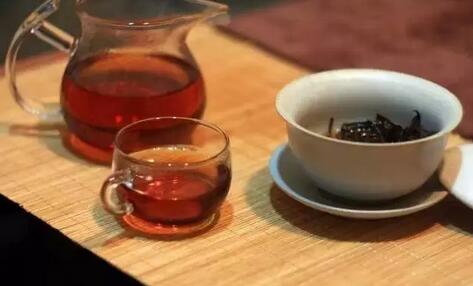
However, nowadays, Chinese people's enthusiasm for tea, which has been consumed for thousands of years, is not particularly high. If it weren't for the Japanese preserving the tea ceremony and conducting extensive research praising tea's benefits, even fewer people might be drinking it today. In most households, even if adults drink tea, they never give it to children. At some point, people began to believe that children should only drink sweet beverages, while tea is for the elderly. Moreover, numerous restrictions have been imposed on tea drinking, such as not drinking it before meals, after meals, or with meat, and the claim that women who drink tea may become anemic... and so on. These misconceptions have dampened people's budding interest in tea. In contrast, there are no such taboos for sweet beverages—people drink them freely without hesitation. Don't you find this strange?
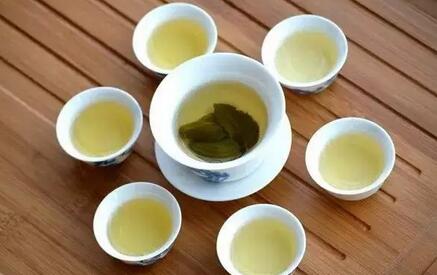
"Misconception 1: Children Should Not Drink Tea?"
First, let's address whether children can drink tea. I've reviewed the literature and found no studies proving that tea is harmful to children's health. On the contrary, there is ample evidence that sweet beverages are unhealthy for children, increasing the risk of calcium deficiency, anemia, tooth decay, hyperactivity, learning disabilities, and other issues. Particularly, cola is extremely harmful to children.
In reality, the only component in tea unsuitable for minors is caffeine. The potassium, magnesium, and vitamin C in tea are beneficial. If the tea is brewed lightly, it is perfectly safe for school-aged children to drink in moderation.

"Misconception 2: Women Should Not Drink Tea Frequently?"
Next, let's discuss the claim that women should avoid tea, primarily because tea contains tannins, which can bind to iron and reduce its absorption. Women naturally require more iron than men due to menstrual blood loss, and if the iron they consume isn't absorbed well, they may be more prone to anemia.
This argument sounds plausible, but it only holds true when the tea is very strong and consumed in large quantities. The more tea leaves used for brewing, the higher the tannin content in the tea.
In everyday situations, people drink lightly brewed tea—1 gram of tea leaves per cup, often steeped multiple times—so the tannin content is not excessive. Moreover, if the diet includes red meat like beef or lamb, there's no need to worry, as the heme iron in meat is unaffected by tannins.
Therefore, women can drink tea without concern, as long as it's lightly brewed and not overly astringent.
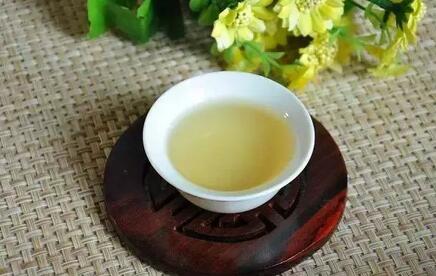
"Misconception 3: Tea Should Not Be Consumed with Meat?"
The idea that tea shouldn't be drunk with meat stems from the belief that tannins interfere with protein and iron absorption. As mentioned earlier, the iron in meat remains unaffected, and the protein content in meat is so abundant that a small amount of tannins won't cause protein malnutrition.
Evidence from Inner Mongolia and Tibet, where ethnic minorities often drink strong brick tea with meat, shows no increased incidence of anemia or protein malnutrition. Thus, drinking light tea with hot pot or grilled meat is far healthier than sugary drinks, beer, or broth.
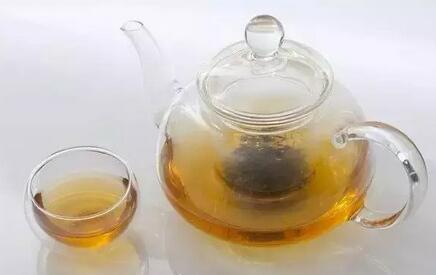
"Misconception 4: Tea Should Not Be Drunk Before Meals?"
The claim that tea shouldn't be consumed before meals is based on the idea that caffeine irritates the stomach and may increase stomach acid. Again, this applies only to very strong tea.
While caffeine can irritate the stomach—especially for those with ulcers—for healthy individuals, drinking light tea before meals is harmless and may even be beneficial.
International studies have found that drinking a cup of water (including tea or other beverages) 30 minutes before a meal can effectively reduce hunger and lower calorie intake, aiding in obesity prevention. When thirsty, this cup of tea can also stimulate digestive juices, benefiting the stomach.
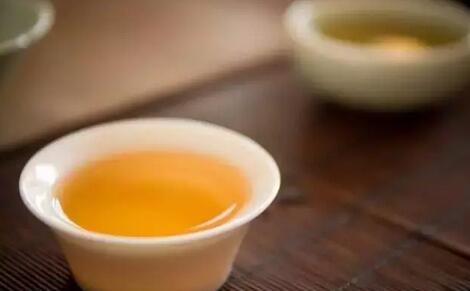
"Misconception 5: Tea Should Not Be Drunk After Meals?"
As for drinking tea after meals, aside from concerns about iron absorption, some worry it dilutes stomach acid and hinders digestion. This depends on the quantity consumed.
If it's acceptable to drink soup with meals, why not light tea? Light tea contains no salt or sugar, neither raising blood pressure nor contributing to obesity. If thirsty, light tea is arguably the best post-meal beverage.
Thus, drinking tea before or after meals poses no health risks. The key points are: first, the tea should not be strong—1-2 teaspoons of leaves per cup is sufficient; second, the amount should be moderate—one or two cups, enough to feel comfortable without heaviness. Those with conditions like gastroptosis should limit fluid intake during meals, including tea and soup.